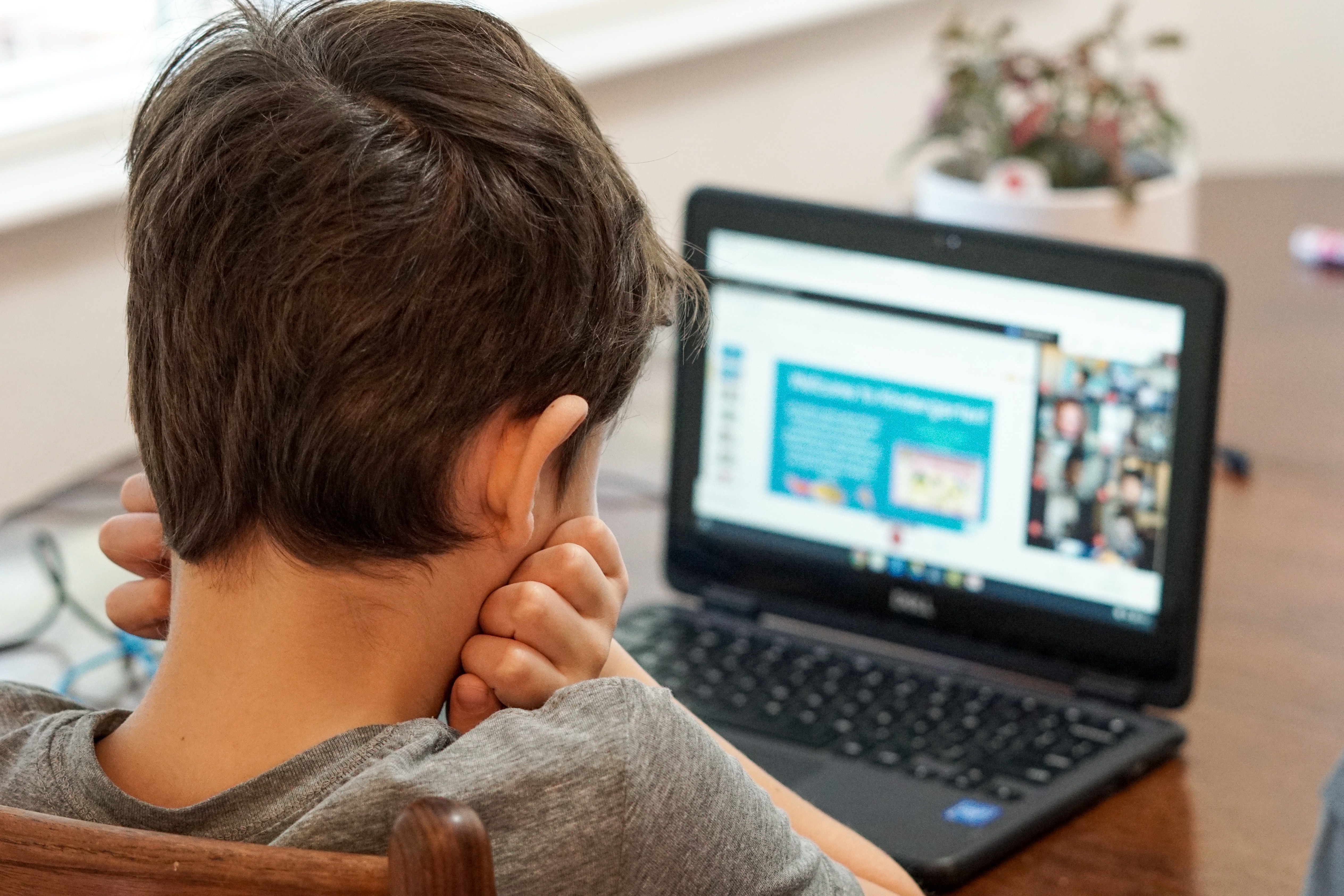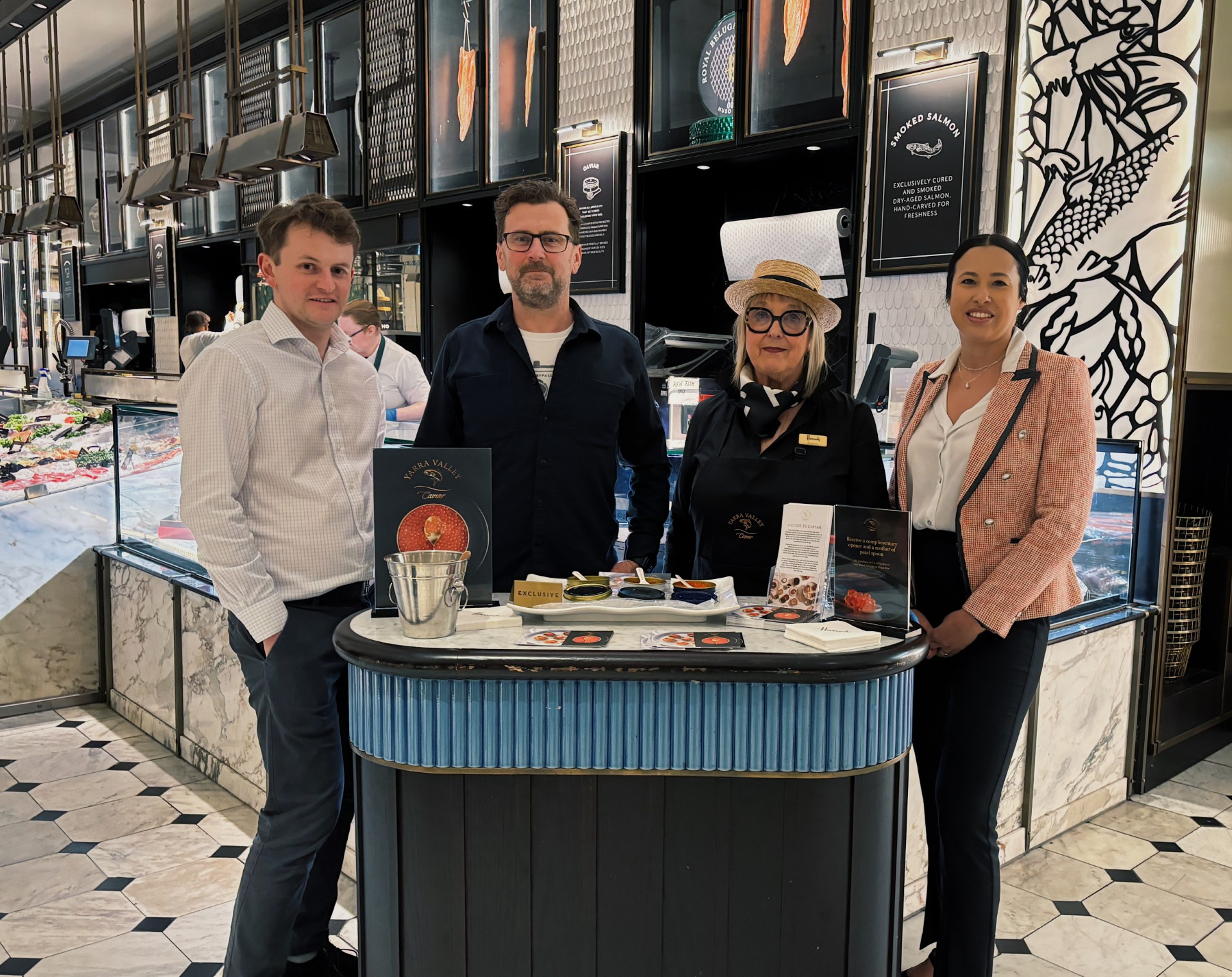Researchers from QUT have today launched a comprehensive guide to creating an internet more suitable to the needs of children and far removed from the current content free-for-all.
The Manifesto for a Better Children’s Internet is the result of a two-year project by researchers from the Australian Research Council Centre of Excellence for the Digital Child. It highlights 17 actionable principles, including the development of quality standards for age-appropriate content, a move away from over reliance on ‘parental control’ and promotion of media literacy.
QUT research fellow Dr Aleesha Rodriguez said the idea of the ‘Children’s Internet’ included the many ways children access and use digital products and services.
“Right now, it’s the wild west when it comes to children’s internet experience as tech companies create kids’ versions of popular apps and social media, digital resources get labelled as ‘educational’ without scrutiny, and anyone can upload content for ‘for children’ without oversight to what that means,” Dr Rodriguez said.
“Talking about a ‘Children’s Internet’ provides an important, unifying concept that helps everyone – including industry, government, parents, and carers, and beyond – understand the need for a societal response to this challenge.”
Dr Rodriguez said while online experiences were now central to children’s lives, providing pivotal input on how they learn and play, the current design of the internet was not well-suited to them.
“Products, services, and experiences on the internet are often commercialised, largely self-regulated, and governed by opaque systems. They can also pose the risk of exploitative, risky, and problematic experiences,” Dr Rodriguez added.
“We need to do better if we want children to have fun, productive, safe, and ethical experiences online.”
QUT researcher Professor Michael Dezuanni said the Manifesto provided practical principles that could help re-design the internet with children front of mind.
“Parents and carers must do a lot of work to keep children safe online. Our Manifesto aims to lessen this burden by challenging key groups to take action to improve the internet for children,” Professor Dezuanni said.

“In launching the Manifesto, we are calling for industry, government, and community leaders to take responsibility for enacting meaningful change to achieve better outcomes for children.”
Professor Dezuanni said there were six areas that ‘made up’ the ‘Children’s Internet’: Access, Imaginaries, Entertainment, Education, Regulation and Participation.
The 17 principles outlined in the Manifesto for a Better Children’s Internet include:
- The development of quality standards for age-appropriate entertainment and educational products and services for children.
- More investment in locally produced, diverse, and highly quality entertainment and educational products and services for children and families.
- Avoiding the tech entrepreneurial philosophy of ‘move fast and break things’ when developing products and services for children.
- A move away from the over-reliance on ‘parental controls’ as the solution to managing or improving children’s online experiences.
- Legislation to ensure the recognition and protection of children’s digital labour.
- The promotion of media literacy to support children’s fun, productive, safe, diverse, and ethical internet experiences.
The Digital Child research team included seventeen contributors across seven organisations.
The QUT contributors were Professor Michael Dezuanni, Dr Aleesha Rodriguez, Aimee Hourigan, Dr Kristy Corser, and Dr Amanda Levido.
Researchers affiliated with other institutions included Professor Julian Sefton-Green (Deakin University), Professor Tama Leaver (Curtin University), Dr Anna Bunn (Curtin University), Associate Professor Anna Potter (University of the Sunshine Coast), Dr Luci Pangrazio (Deakin University), Dr Kate Mannell (Deakin University), Professor Sue Bennett (University of Wollongong) Dr Xinyu (Andy) Zhao (Deakin University), Dr Rebecca Ng (University of Wollongong), Dr Guy Healy (Vrije Universiteit Brussels), and Professor Rebekah Willett (University of Wisconsin-Madison).
Read the full paper: Manifesto for a Better Children’s Internet – Australian Research Council Centre of Excellence for the Digital Child
Main image: Aimee Hourigan, Professor Michael Dezuanni, Dr Aleesha Rodriguez, Dr Amanda Levido and Dr Kristy Corser.







